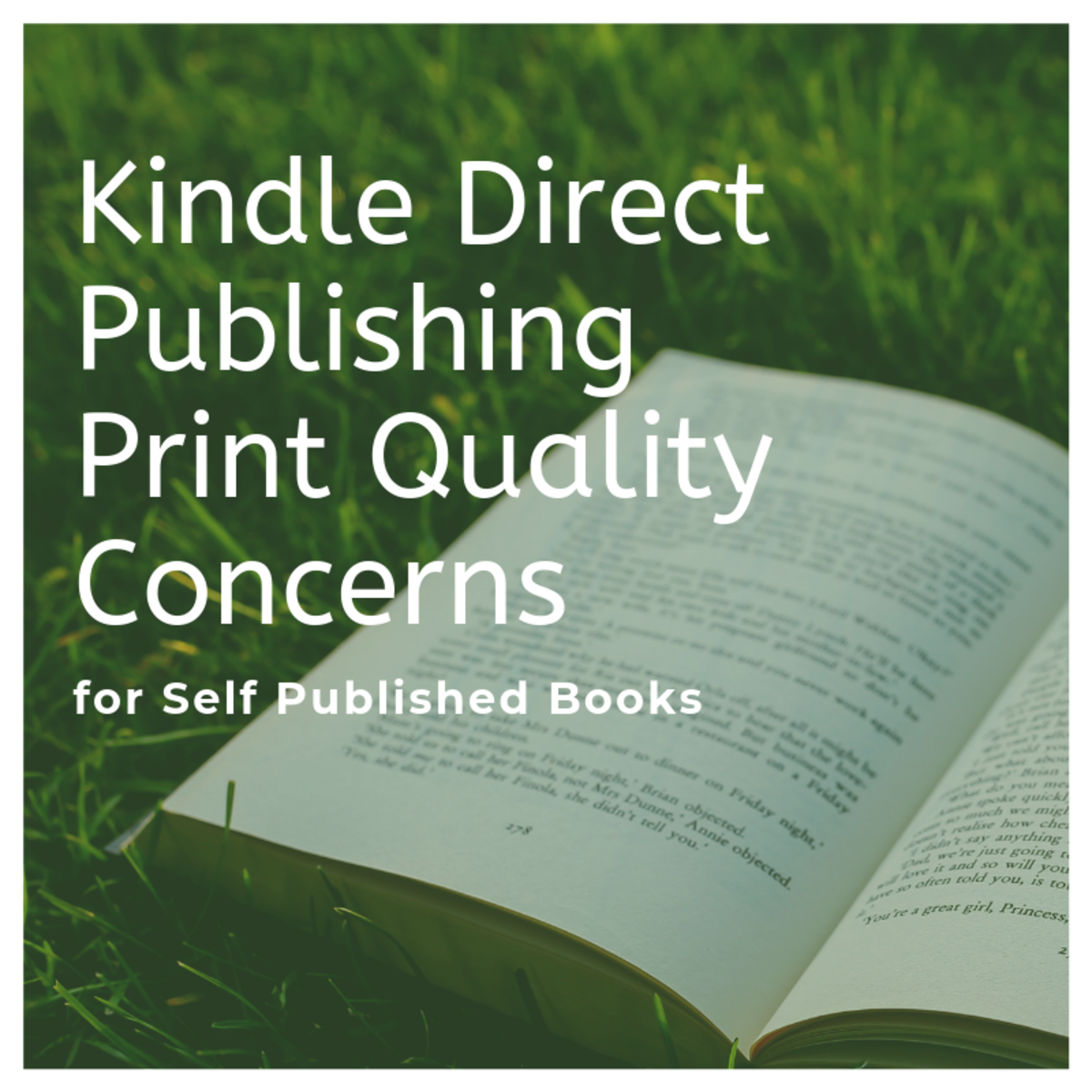Comparing Online Books and Printed Books

Pros and Cons of Online Books
When online books were first released, there were a lot of fears that the printed book would be entirely replaced by online books and this caused quite a bit of controversy. Online books are a relatively new thing that is still being debated by people in our society today. On the one hand, these books offer a great alternative to printed books and have many benefits in terms of convenience that aren't offered when dealing with books in print. On the other hand, there are some good reasons to prefer the printed book to the e-book. Despite the proliferation of online books, there are thousands of new books being printed each year which seems to suggest that neither the pros nor the cons outweigh each other in this case but that instead there is a balance that makes it possible for society to have a place for both types of books.
Here is a look at some of the issues related to the online book and the pros/cons between the online and printed book in regards to these issues:
- Convenience. There is definitely something to be said for the convenience of the online book. If you find a book online, you can download it immediately instead of having to find a store that carries it or to order it online and wait for it to be shipped or to get the copy from the library that someone else has already checked out. In terms of being out in the world, it's certainly a lot easier to carry your Kindle Reader for reading a variety of different books than it is to carry around a stack of heavy books with you. One of the biggest pains in the neck when moving is those boxes of books that you have to move with you; the online book eliminates that problem. In most ways, the online book is more convenient than the printed book. However, there are some inconveniences with technology that make it so that the online book isn't always the most convenient choice. Batteries run out; the glare on the laptop makes it hard to read the book in the sun; computer glitches cause the "turning of pages" to be slow ... when technology gets frustrating you may feel that it would be a lot more convenient to just have a book in hand that you could page-turn as you please.
- Taking up space. In addition to the general convenience of the book, there is the specific issue of how much space is taken up by books. If you are living in a small place or you are moving regularly from one location to another then it can be very important to be able to reduce the amount of space that your books take up. In this case, online books are better because the online books only take up the space of the computer no matter how many books you have whereas printed books will each take up their own space.
- Earth-Friendliness. There is some debate as to whether the online book or the printed book is more eco-friendly. On the one hand, the average printed book requires paper that results in trees being felled which means that the earth is damaged when books are printed. On the other hand, the use of the computer to read online books ultimately leads to e-waste which is a lot more damaging to the earth than paper waste. Plus there is the issue of the fact that you are using electricity when reading an online book which you aren't doing when you are reading a paper book ... unless of course you are reading at night and need to turn the lights on to read your book. When you've got books made out of recycled paper that are going to be recycled again, you may be acting more eco-friendly than if you were reading the books online despite the fact that many e-book fans say that the online book is more earth-friendly.
- Finding information. One of the biggest benefits of the online book is that it is super easy to search for information within the book. You can search right in the document to find the keywords, phrases and quotes that you are trying to find. This is particularly useful when you are doing research. It's certainly a lot easier than trying to find that one line you read in a 300-page printed book. Additionally, when you are already on a computer, reading a book, you have easy access to additional online information that can supplement the information that you are learning from the book. This makes it easier to cross-reference information than it would be with a printed book. Arguably, you would have this same benefit with a set of printed books in a library but it would certainly be easier to access more information in a shorter period of time using the online format than it would using the printed format.
- Sharing information. People who are interested in sharing the information that is in their books will find it a lot easier to do so with the online format. This is best for people working on research projects together, disseminating information to a group or seeking to share favorite passages with others. "Cut and paste" is a lot simpler on a computer screen than with a printed book!
- Permanence. Some people worry that the online book is too temporary - that they may buy the book and then not have access to it in the future. The printed book will always be yours to own and hold. However, the online book is usually accessible to you whereas the printed book may deteriorate over time. It is debatable whether either of these forms of book is more permanent than the other.
- Eyesight Issues. Some people believe that it is really bad for you to read books on the computer because of the fact that eye strain on the computer can cause significant health problems ranging from worsening your eyesight to creating neck and back problems. Others argue that the printed book can be just as bad for you if you don't hold it properly or read in the right light. In general, the printed book is probably better for your eyes than the online book is despite the fact that this is debatable.
- Cost. The jury is still out on whether it is more cost-effective to have printed books or online books. However, the general consensus seems to be that the storage of online books over a long period of time makes them more costly than the cost of printed books.
There are pros and cons to online books in comparison to printed books. For most people it ends up boiling down entirely to personal preference. People who enjoy reading books online will do so and those who don't won't. This means that we will probably see both online and printed books in the market for the foreseeable future.









